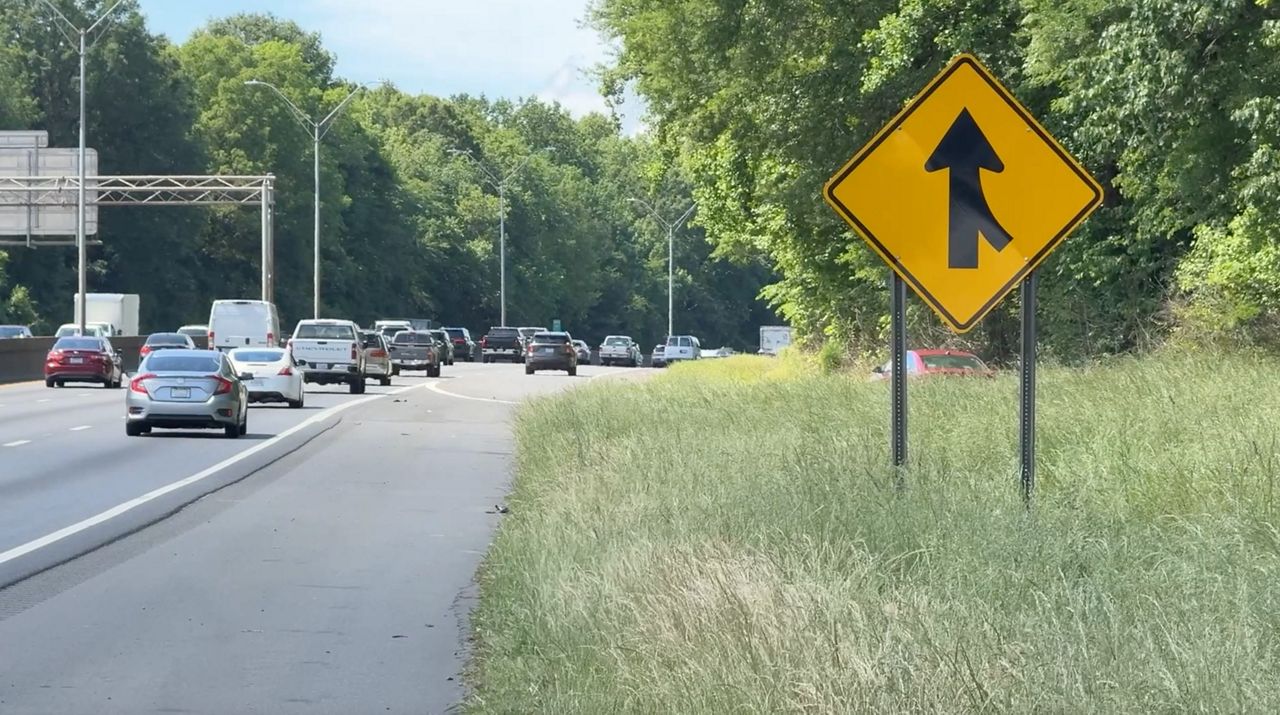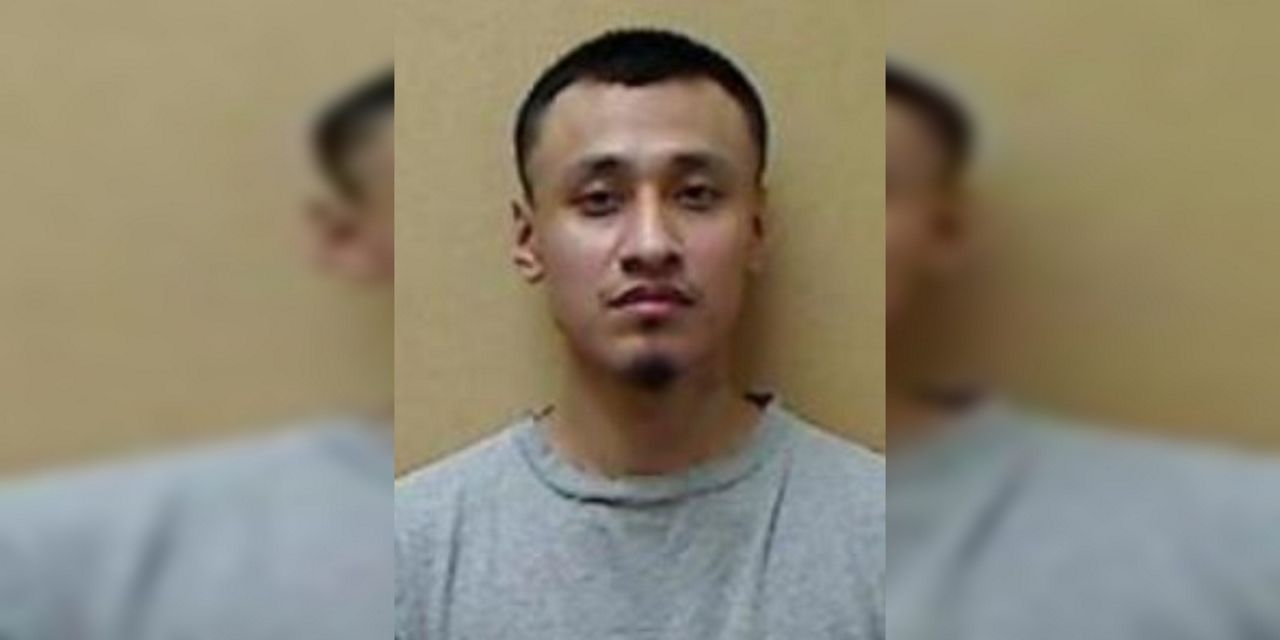CHARLOTTE, N.C. — The U.S. Department of Education will resume collections of defaulted federal student loans.
Beginning May 5, the department’s Office of Federal Student Aid will restart involuntary collections. The move comes five years after collections were paused amid the coronavirus pandemic.
According to the Department of Education, more than 1.3 million North Carolinians have student loans and owe an average of $38,770.
As the deadline looms, the federal government warns borrowers need to make their payments or be at risk of having their wages garnished.
“They could take some of your paycheck and access your bank account,” said Stephen Boatman, the owner of Flat Fee Financial. “They could take some of your tax refund. Once you're 90 days late, they start to report it to the credit agencies, saying that you have a knock against your credit score, which could impact your lending ability. Once you get 270 days, they'll become more aggressive with their collection efforts and will start garnishing wages and things like that.”
Boatman, who is a certified financial planner and certified student loan specialist, suggests borrowers take a look at their financial situation and decide if their payment plan is still the best plan for them.
“You may be married now,” he said. “You may have a higher income or lower income, and all of those variables come into play when deciding what the best payment plan is for your student loans.”
Boatman said some people will have to adjust their budgets to make their payments each month, but there are ways to reduce payments.
“401(k) contributions, HSA contributions, tax loss harvesting, whatever lowers your AGI [adjusted gross income] can in turn lower your monthly student loan payment and help with some of that,” he said.
Borrowers can also consider refinancing their debt privately or choose to continue a federal program.
“There's a basic rule of thumb that says if your student loans are equal to or greater than your income, then you should consider looking at a federal program,” Boatman said. “If your income is greater than your student loans, it may be worth looking at privatizing them, refinancing them and paying them off as fast as possible.”
Boatman notes “this is not financial advice,” and borrowers “should consult with a financial adviser before making any decisions.”












